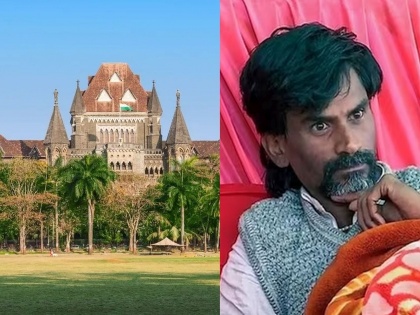Maharashtra Government Can't Be a Bystander; Bombay High Court's Orders on Maratha Reservation Violence
By Lokmat English Desk | Published: February 27, 2024 08:05 AM2024-02-27T08:05:25+5:302024-02-27T08:06:04+5:30
The Maratha reservation issue took a serious turn when Maratha activist Manoj Jarange accused Deputy CM Fadnavis of trying ...

Maharashtra Government Can't Be a Bystander; Bombay High Court's Orders on Maratha Reservation Violence
The Maratha reservation issue took a serious turn when Maratha activist Manoj Jarange accused Deputy CM Fadnavis of trying to harm him. Jarange even talked about heading to Sagar Banglow, Fadnavis's residence, to confront him. However, he later reconsidered and returned home following a request. In response, the government initiated a Chain Hunger Strike until Jarange's demands were met.
In the midst of this, the high court stressed that the breakdown of law and order during the Maratha reservation movement required active government involvement. The court made it clear on Monday that the government had the authority to maintain law and order without waiting for a court order. The next hearing for this matter is set for March 5.
A petition against Jarange-Patil's protest was filed by Gunaratna Sadavarte, and the hearing took place before the bench of Shyam Chandak, with Ajay Gadkari present. The court took note of Jarange-Patil's assurance of a peaceful protest, but Sadavarte pointed out that 267 cases of violence during the agitation were registered across the state.
The High Court highlighted that if Jarange-Patil had committed to a peaceful protest and failed to uphold it, it was the government's responsibility to address the situation, according to statements from Adv. Thorat.
Open in app